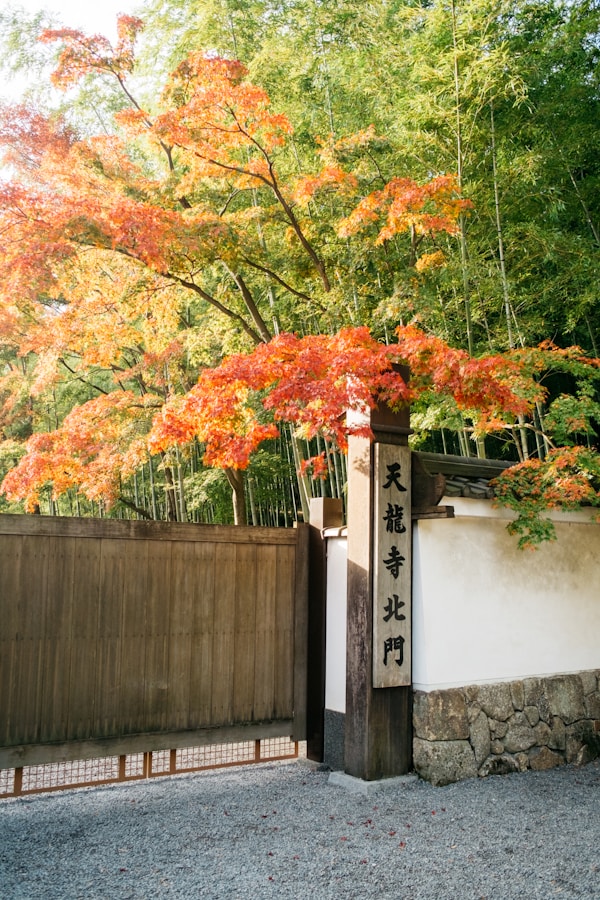.svg)
Yokohama: A Coastal City with High Investment Potential
.svg)
.svg)
.svg)

What does “border unclear” mean on a Japanese property listing? Learn why it happens, what the risks are, and how Old Houses Japan helps you deal with it confidently.


If you’ve spent any time browsing Japanese property listings—especially for older or rural homes—you’ve probably come across this phrase:
"境界不明" (kyōkai fumei), or in English, “border unclear.”
It might sound harmless, but it’s an important legal detail that could have a major impact on your purchase, future renovations, or even your relationship with neighbors.
In this guide, we’ll explain what “border unclear” actually means, why it shows up so often in akiya listings, and how to handle it if you fall in love with a property that has this label.

When a listing says the property’s border is unclear, it means that the precise legal boundary line of the land is not formally confirmed or marked in city records or on the land itself.
In other words:
Most akiya are older homes, often built decades ago before modern surveying and land registration systems were standardized.
Many were:
📌 As a result, many of these homes have uncertain property lines—especially if they’ve been abandoned or vacant for years.
Not necessarily. But it does come with risks:
If you’re interested in a property with this label:
✅ Get a professional survey
A licensed land surveyor (toshi chōkōshi / 土地家屋調査士) can:
Expect to pay ¥200,000–¥500,000, depending on size and terrain. In some cases, costs are shared with neighbors if mutual benefits are involved.
✅ Ask the seller to clarify
Some sellers may agree to hire a surveyor before closing—or discount the price to account for uncertainty.
✅ Check local zoning rules
Some city offices may not approve renovation or rebuilding without boundary clarification.
✅ Work with a liaison
If you don’t speak Japanese, having someone who can coordinate with city hall, the surveyor, and the seller is essential.
You can still buy the property—but you may be limited in how you use it.
If no disputes exist and you're just living in the home, things might be fine for years. But if:
…you could face delays, legal negotiations, or extra costs down the line.
We assist buyers with:
We've helped many clients purchase “border unclear” homes with confidence—by turning ambiguity into certainty before closing the deal.
“Border unclear” doesn’t have to be a red flag—but it is a yellow light. With the right team and information, you can resolve boundary issues and move forward with peace of mind.
Interested in a listing that shows 境界不明? Reach out to Old Houses Japan and we’ll help you understand exactly what’s going on—and what to do next.
Start your journey with Luxey today! Sign up for free and get instant access to the best property listings.



